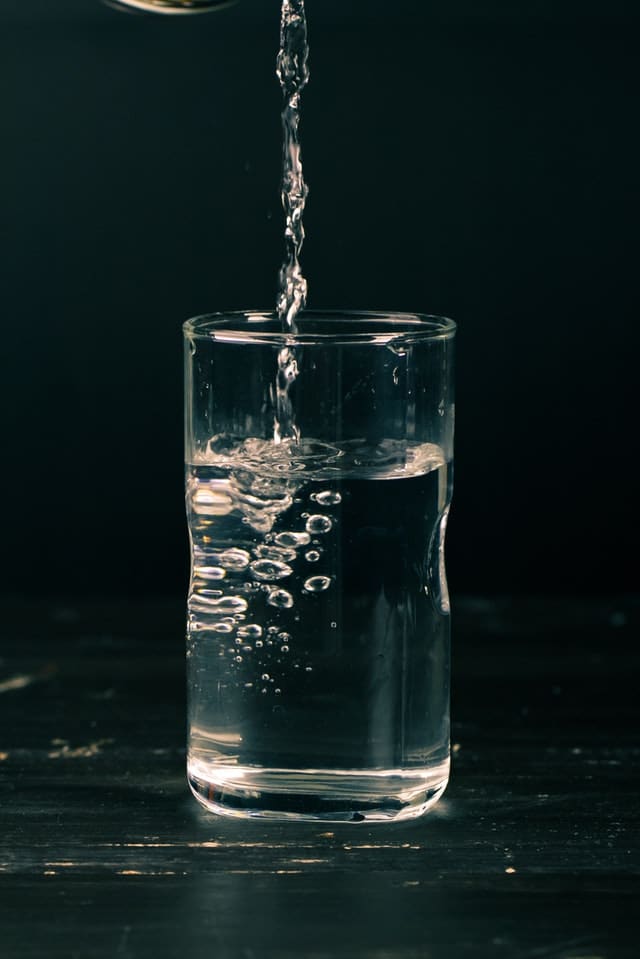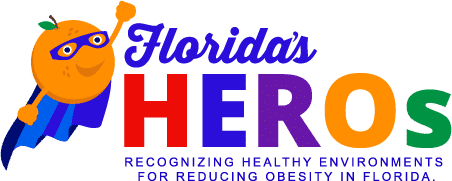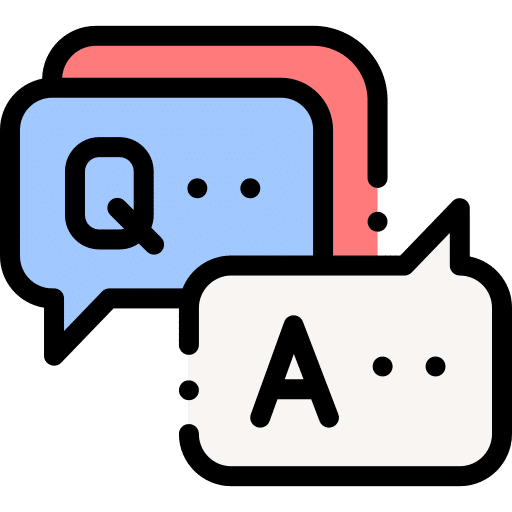Offer
Healthy Beverages
Healthy Beverages
On average, youth in the United States consume 143 calories from sugar-sweetened beverages (SSBs) and U.S. adults consume 145 calories from SSBs on a given day.4 Sugar-sweetened beverages include regular soda, sports drinks, fruit drinks, energy drinks, and sugar-sweetened water. According to the Centers for Disease Control, sugar-sweetened beverages (SSBs) are a source of added sugar that are associated with chronic conditions like cardiovascular disease, obesity, dental caries and diabetes.5,6
When sugary beverages are replaced with water, it can keep children healthy in multiple ways. Drinking water can help reduce extra calorie intake, promote dental hygiene, and reduce the impact of cavities. Drinking water also prevents dehydration, constipation, and fatigue. An alternative to water is low or nonfat milk for children two years and older and whole milk for children one to two years old. Infants – babies who are less than 12 months old – should never drink cow’s milk and should only drink breast milk and/or formula.

Early care and education programs can directly influence what children eat and drink and how active they are. Child care providers can support healthy beverage choices by having policies, curriculums, and resources that promote healthy beverages.
Healthy Beverages ECE Best Practices
- Clean, sanitary drinking water should be readily available and offered throughout the day in indoor and outdoor areas.
- Drinking water should always be available to children for self-serve.
- Staff should model drinking healthy beverages.
- Fruit or vegetable juice should be served once per day during a scheduled meal or snack only to children 12 months or older. The amount should not exceed 4-6oz servings of 100% juice.
- All juices should be pasteurized and 100% juice without added sugars or sweeteners.
- Children between 12 and 24 months of age can be served unsweetened whole pasteurized milk.
- Children 2 years and older should be served low-fat (1%) or nonfat (skim, fat-free) unsweetened pasteurized milk.
4https://www.cdc.gov/nutrition/data-statistics/sugar-sweetened-beverages-intake.html
5https://www.cdc.gov/pcd/issues/2017/17_0268.htm
6https://www.cdc.gov/pcd/issues/2018/18_0335.htm
Resources
ABC’s of a Healthy Me Session Five: Watch session five of our FREE six-part online training, ABC’s of a Healthy Me. Session five reviews the healthy beverage best practice areas for promoting a healthy weight in children 0 to 5 years old in the ECE setting. Complete all six sessions to earn 1 continuing education unit.
Centers for Disease Control and Prevention (CDC): The CDC is helping our nation’s children grow up healthy and strong by creating resources to help partners improve obesity prevention programs and use nutrition standards. Child care providers and parents can explore this document for information and practical strategies on healthy beverage consumption.
Healthy Kids, Healthy Future: Healthy Kids, Healthy Future is a nationwide call-to-action that empowers child care and early education providers to make positive health changes in children that could last a lifetime. On their website, you can find tips, trainings and resources focused on providing healthy beverages.
American Dental Association (ADA): The ADA emphasizes the importance of reducing SSBs and increasing water consumption to promote oral health. Visit ADA’s Mouth Healthy website for information, lesson plans and activities focused on oral health








